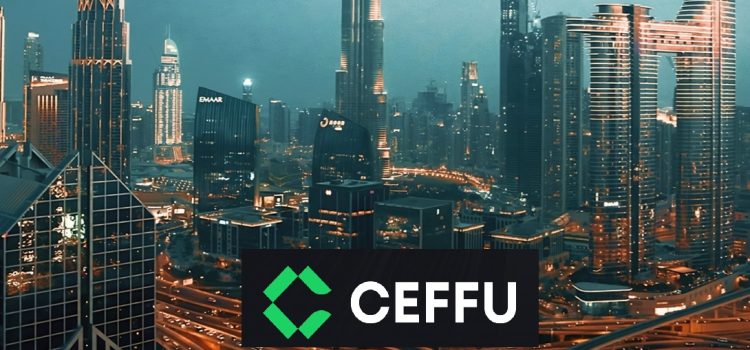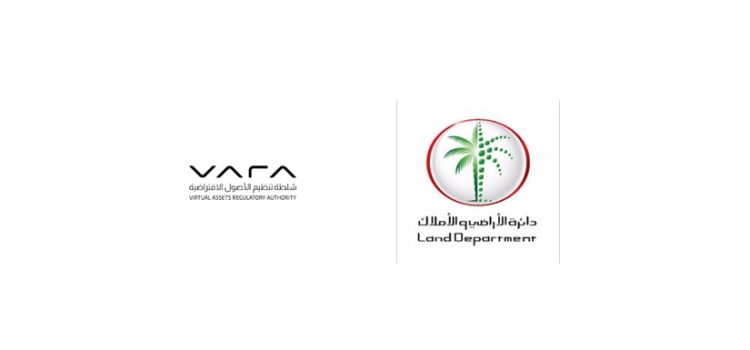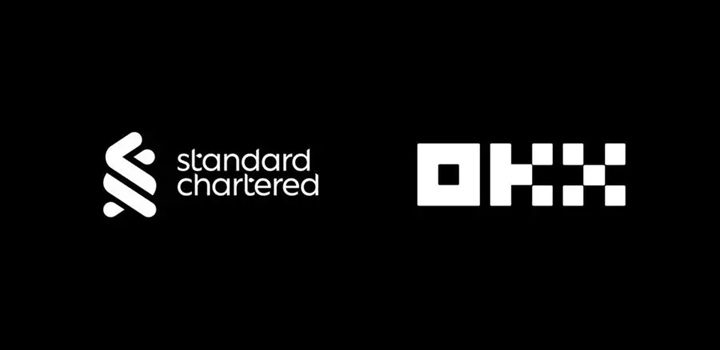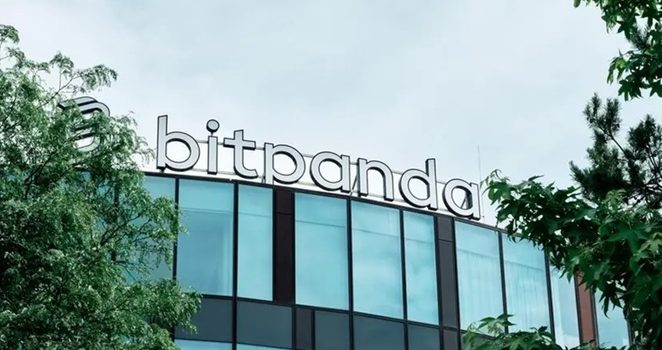
Dubai’s Virtual Assets Regulatory Authority (VARA) CEO has revealed in an interview with the UAE Emirates News Agency (WAM) that it is working on new pilot projects after the success of the real estate tokenization pilot project with Dubai Land Department. The new pilot involves tokenization of Gold using DeFi.
Mathew White also noted that The Dubai Virtual Assets Regulatory Authority (VARA) has so far issued 36 full licences to entities operating in the virtual assets sector, with several hundred at various stages of the licensing process.
He noted that the ecosystem now includes over 400 registered entities involved in activities ranging from proprietary trading to blockchain technology services and other supporting operations.
Speaking on the DLD real estate tokenization project he added that these will soon be available on trading platforms allowing more accessibility and liquidity in the real estate market.
In June White on LinkedIn announced that VARA was piloting a decentralized exchange project, (DEX), the first of its kind in the MENA region. DEX is a peer to peer marketplace where users can trade cryptocurrencies directly with each other without the need for a central intermediary, differing from centralized crypto exchanges.
According to Mathew White CEO of VARA in a LinkedIn post, ” The conversation around decentralised finance (DeFi) has evolved. Not long ago, the question was “Will it survive?”. Now it’s “How fast can we integrate it? At the Virtual Assets Regulatory Authority [VARA], we don’t see DeFi as a threat to traditional finance (TradFi), but a high-efficiency tool for accelerating its evolution.”
White has stated out 2025 noting that it was the year of tokenization. In early January on Linked he had stated, ” Tokenized RWAs are on-chain representations of ownership in, or rights and obligations related to, assets like real estate, debt, equity, and other traditionally more illiquid financial assets. Tokenization can make them globally accessible and tradable, while also opening investment opportunities to individuals previously excluded from these asset markets.”

















